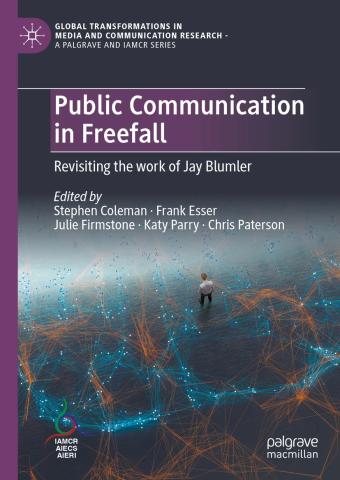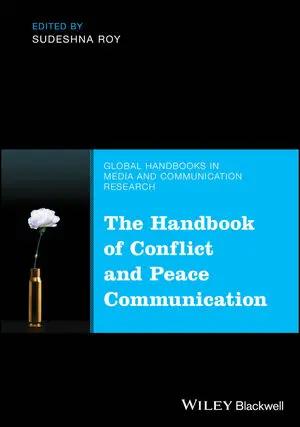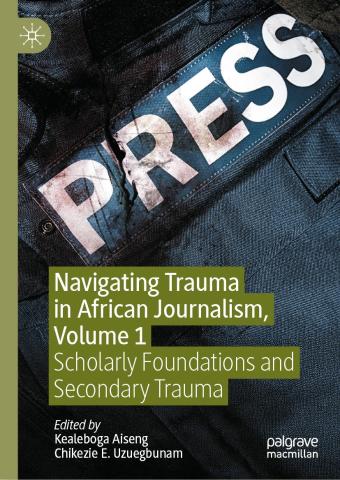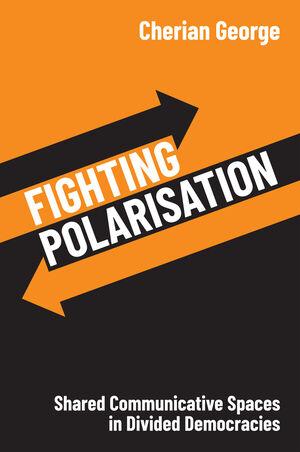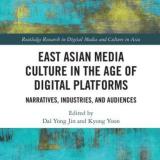


The Gender and Communication Section has released its December 2025 newsletter, featuring a call for proposals, a call for reviewers, an interview with Haohan Yuan and more.



IAMCR books
Public Communication in Freefall is the latest title in the Palgrave/IAMCR book series Global Transformations in Media and Communication Research. It examines the challenges facing political communication in the 2020s, drawing on and critically updating Jay Blumler’s work to explore what publicness and democracy mean in a changing media and political environment.
This book delivers an authoritative exploration of a variety of critical conflicts in the world and a spectrum of approaches to peace communication.
Members' books
Democratising Spy Watching: Examines how public actors across Southern Africa have stepped in to oversee intelligence-driven digital surveillance where formal oversight mechanisms fall short. Co-edited by Jane Duncan, an IAMCR member, the book highlights public oversight as a critical response to expanding surveillance powers.
Navigating Trauma in African Journalism: Scholarly Foundations and Secondary Trauma: Examines how sub-Saharan African journalists navigate secondary trauma from reporting violence and crises. Edited by IAMCR members Kealeboga Aiseng and Chikezie E. Uzuegbunam, it foregrounds care, resilience, and mental health in journalistic practice.
Mediating Imperfect AI explores how journalists emotionally and ethically navigate the integration of artificial intelligence in their work. Written by Carolina Escudero, the book advances a human-centred, critically reflective approach to AI beyond simple acceptance or resistance.
Fighting Polarisation explores how people across the globe resist polarising us–them politics through shared spaces of dialogue and deliberation. Written by IAMCR member Cherian George, it draws on deliberative democracy, social psychology, memory studies, and international case studies to map grassroots efforts that challenge prejudice, counter hate, and reimagine a more inclusive democratic “we.”
